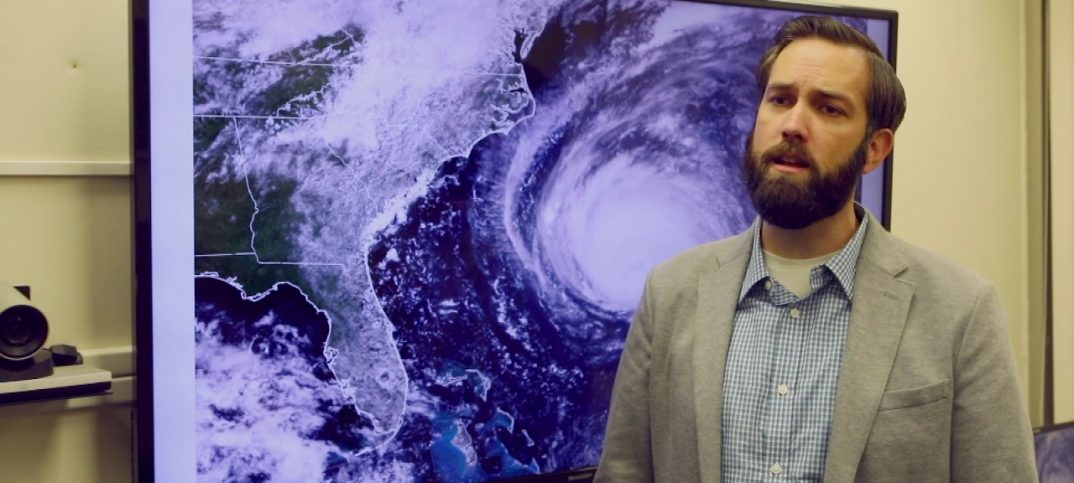 Authors Reed and Michael F. Wehner at Lawrence Berkeley National Laboratory, point out the costs of extreme weather over the past 50 years are unevenly distributed across the world. Generally, the most financially expensive weather events have been hurricanes in the U.S., but the deadliest events are droughts and floods in developing nations.
Authors Reed and Michael F. Wehner at Lawrence Berkeley National Laboratory, point out the costs of extreme weather over the past 50 years are unevenly distributed across the world. Generally, the most financially expensive weather events have been hurricanes in the U.S., but the deadliest events are droughts and floods in developing nations.
“Our idea is to help guide and push operational centers and governments to use attribution technology to better quantify losses and damage due to climate change, so that the developed world can be better responsive to losses and damages in the developing world,” says Reed, Associate Professor and Associate Dean of Research at the School of Marine and Atmospheric Sciences (SoMAS).
The authors urge that extreme weather event attribution – science that quantifies the influence of anthropogenic climate change on specific individual events – can indeed play a significant role in quantifying loss and damage. They cite two examples in Hurricane Harvey in 2017 and a series of global heat waves over more than 25 years.
“While there has been much discussion about operationalizing extreme weather event attribution, none such exists today,” they write. “Rather attribution statements are performed by a myriad of academic-minded groups, mostly as research projects.”
They add that the credibility of extreme weather event attribution statements has been demonstrated for a wide variety of impactful events, and that observational, computational and statistical tools are readily available.
“Thus, we call on the funding agencies of developed nations to direct resources to their weather forecast services to begin to operationalize extreme weather event and impact attribution.”







